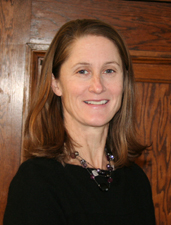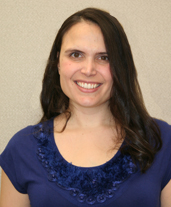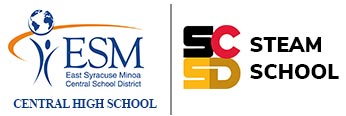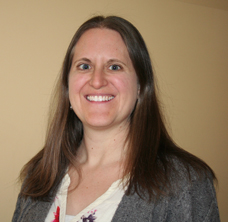Student Support Services
 |
Lyncourt UFSD offers students who qualify for an Individualized Education Program (IEP) a wide array of support services. The purpose of these services are to support students who have been identified as having a disability. Our special education teachers and therapist work very closely with the general education teachers and families to help each child become successful in the classroom. |
|
315.455.7571
8:00 AM - 3:15 PM |
My role is to provide assistance to school personnel and parents regarding emotional, behavioral and learning challenges facing children. I also assess students to determine whether or not students are eligible to receive special educational services. |
 Amy MacCaull amaccaull@lyncourtschool.org 315.455.7571 X2011 |
Guidance Services for PreK-8th Grade Counseling: Personal, academic and social development through individual or group counseling Assistance: Student orientation, career education, test and report card information, student transition to middle and high school Support: For students, parents, teachers, and other staff |
 Kimberly Sweeney Full-Time Speech-Language Pathologist 315.455.7571 ksweeney@lyncourtschool.org Carrie Lammana Part-Time Speech-Language Pathologist 315.455.7571 clamanna@lyncourtschool.org |
Speech therapy sessions consist of remediation in the following areas of speech and language development:
If you have any concerns with your child's speech and language development, please contact Kimberly Sweeney. |
| Occupational Therapy (OT) Sharon Sedlack 315.455.7571 ssedlack@lyncourt.org Physical Therapy (PT) |
Students must be referred by a doctor to a school to receive OT &/or PT. Occupational therapists and occupational therapy assistants are part of the education team within a school district. The profession of occupational therapy is concerned with a person’s ability to participate in desired daily life activities or "occupations." Occupational therapy practitioners use their unique expertise to help children to prepare for and perform important learning and school-related activities and to fulfill their role as students. In this setting, occupational therapists (and occupational therapy assistants, under the supervision of the occupational therapist) support academic and non-academic outcomes, including social skills, math, reading and writing (i.e., literacy), behavior management, recess, participation in sports, self-help skills, prevocational/vocational participation, and more, for children and students with disabilities, 3 to 21 years of age. Practitioners are particularly skilled in facilitating student access to curricular and extracurricular activities through supports, designing and planning, and other methods. Additionally, they play a critical role in training parents, other staff members, and caregivers regarding educating students with diverse learning needs. If you have any concerns with your child's speech and language development, please contact Sharon Sedlack. Physical therapy is the evaluation, treatment or prevention of disability, injury, disease, or other condition of health using physical, chemical, and mechanical means including, but not limited to heat, cold, light, air, water, sound, electricity, massage, mobilization, and therapeutic exercise with or without assistive devices, and the performance and interpretation of tests and measurements to assess pathophysiological, pathomechanical, and developmental deficits of human systems to determine treatment, and assist in diagnosis and prognosis. |
Links
Central New York Chapter of the Autism Society of America
Child & Adolescent Mental Health
Effective Child Therapy
Families for Effective Autism Treatment
NASP Information for Families
NYASP
Parenting Teens - Suggested Reading
Parenting Teens & Tweens - Suggested Reading
Learning Disabilities Association
Child & Adolescent Mental Health
Effective Child Therapy
Families for Effective Autism Treatment
NASP Information for Families
NYASP
Parenting Teens - Suggested Reading
Parenting Teens & Tweens - Suggested Reading
Learning Disabilities Association





